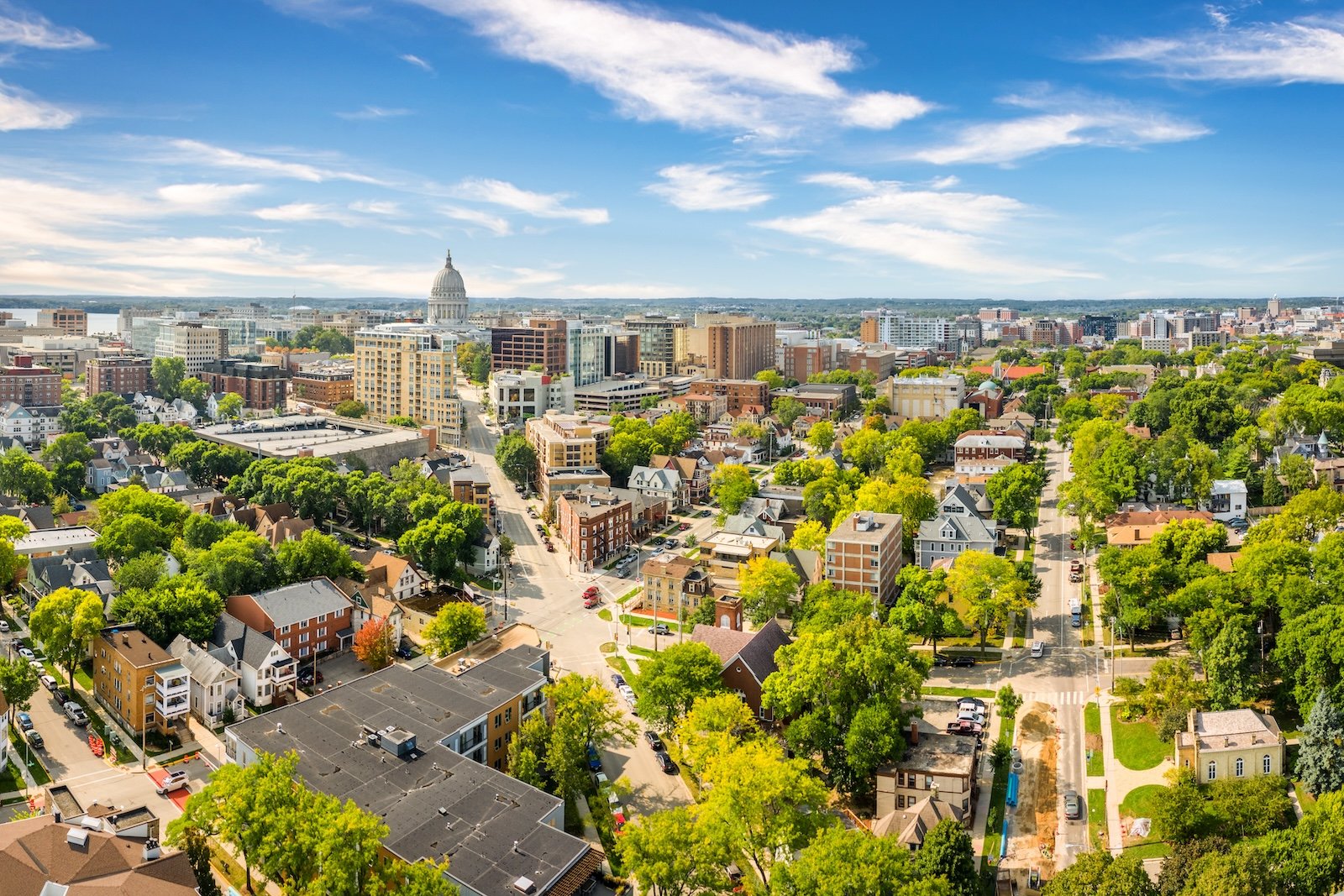In certain cities across the U.S., rising debt is becoming a significant concern. WalletHub’s recent study reveals the places where people are accumulating the most debt. It offers insight into the financial pressures faced by these communities.
Boston, Massachusetts

Boston ranks on the list for debt accumulation with a total score of 78 among 100. The city’s high cost of living, coupled with its prestigious universities, leads to increased borrowings. Students and young professionals often take on loans to afford housing and education. Despite ranking 14th in average debt. Boston’s rapid debt increase signals potential economic challenges ahead.
North Las Vegas, Nevada

The residents of North Las Vegas are quickly amassing debt with a score of 68.71, ranking 4th in debt change. The city’s economy, heavily reliant on tourism and hospitality, faces instability. Job insecurity and wage stagnation force many to rely on credit. With the 13th-highest average debt, the situation demands attention from local policymakers.
Madison, Wisconsin

Despite ranking 87th in average debt, Madison sees a significant increase with its ranking in 2nd place in debt place. The city has a total score of 66.54 among 100. The city’s growing tech sector attracts young professionals who often finance their relocation and lifestyle. Rising housing costs in this university town also contribute to increased borrowing. This challenges the city’s reputation for financial stability.
Lubbock, Texas

Lubbock ranks 3rd in debt change, reflecting economic pressures in this Texas city with a score of 65.30. The local economy is dominated by agriculture and education and faces challenges from market fluctuations and student loan burdens. Resident’s reliance on credit to sustain their quality of living is growing with the city being the 49th highest average debt.
Gilbert, Arizona

Gilbert in Arizona boasts the 2nd highest average debt, despite ranking 19th in debt change. The city has a final score of 63.09. The city’s rapid growth and desirable suburban lifestyle come at a come. High mortgage debts and auto loans contribute to the overall debt burden. This trend raises concerns about long-term financial sustainability for residents.
St. Louis, Missouri

St. Louis ranks 5th in debt change with a score of 61.63, indicating growth in financial stress. The city’s economic transition from manufacturing to service industries leaves many residents struggling. With the 71st-highest average debt, the increasing reliance on credit suggests underlying economic challenges that need addressing.
Greensboro, North Carolina

Greensboro sees a rapid increase in debt, ranking 6th in change with a total score of 61.56. The city’s efforts to attract new industries lead to job market shifts. It causes financial instability for some residents. With the 66th highest average debt, this suggests a growing gap between income and living costs.
Aurora, Colorado

Aurora in Colorado ranks 12th in debt change and 28th in debt average. The total score of the city stands at 59.86. The city’s proximity to Denver drives up living costs. It pushes residents to take on more debt. Rapid population growth strains local infrastructure and housing markets. It contributes to increased borrowing for homeownership and daily expenses.
Albuquerque, New Mexico

Albuquerque ranks 8th in debt change with a score of 59.78. This reflects growing economic pressures in the city. Albuquerque’s reliance on government and service sector jobs leaves residents vulnerable to budget cuts and wage stagnation. With the 61st-highest average debt, the increasing borrowing trend signals potential long-term financial challenges.
Los Angeles, California

Los Angeles ranks 17th in debt change and 21st in average debt. The final score of the city among 100 is 58.37. The city’s notoriously high cost of living forces many residents to rely on credit. Housing costs, in particular, drive up debt levels. This trend raises concerns about the long-term affordability and economic stability of the city.
Wichita, Kansas

Wichita ranks 7th in debt change with a score of 57.71, despite the 86th-highest average debt. The city’s aviation industry faces periodic downturns, leading to job insecurity. Residents increasingly turn to credit to weather economic uncertainties. This suggests underlying financial stress in a seemingly stable market.
Dallas, Texas

Dallas ranks 15th in debt change and 37th in average debt. The city’s booming economy attracts many residents, driving up living costs and leading the total debt score to 57.64. High-interest auto loans and credit card debts contribute to the growing burden. This raises questions about the sustainability of Dallas’ rapid growth.
Reno, Nevada

Reno ranks 14th in debt change and 51st in average debt with a total score of 56.95. The city’s transformation from a gaming and entertainment-centric economy to a more diverse one creates financial instability for some residents. Rising housing costs and the influx of new industries contribute to increased borrowing. It potentially strains the local economy.
Richmond, Virginia

Richmond ranks 10th in debt change, despite having the 90th-highest average debt. The total debt score of the city is 56.31 among 100. The city’s efforts to revitalize its economy led to rising living costs. Residents increasingly rely on credit to keep up with these changes. This trend suggests a growing disparity between wages and expenses.
Baltimore, Maryland

Baltimore ranks 16th in debt change and 55th in average debt with a score of 55.54. The city’s ongoing economic challenges and high poverty rates contribute to its increased reliance on credit. Efforts to revitalize neighborhoods drive up costs. It forces many residents to take on more debt to maintain their standard of living.
Miami, Florida

Miami ranks 26th in debt change and 15th in average debt. The city’s reputation as a luxury destination drives up living costs for locals, leading the debt score to be 55.43. Many residents resort to credit to afford housing and daily expenses. This trend highlights the growing disparity between wages and the cost of living.
Norfolk, Virginia

Norfolk ranks 13th in change with a score of 55.40. The city ranks 74th in average debt which signifies the economic condition of the city. Its heavy reliance on naval bases and uncertainties due to defense budget calculations lead to the present condition. Residents increasingly turn to credit during periods of reduced military spending. This reflects the vulnerability of the single-industry economy.
